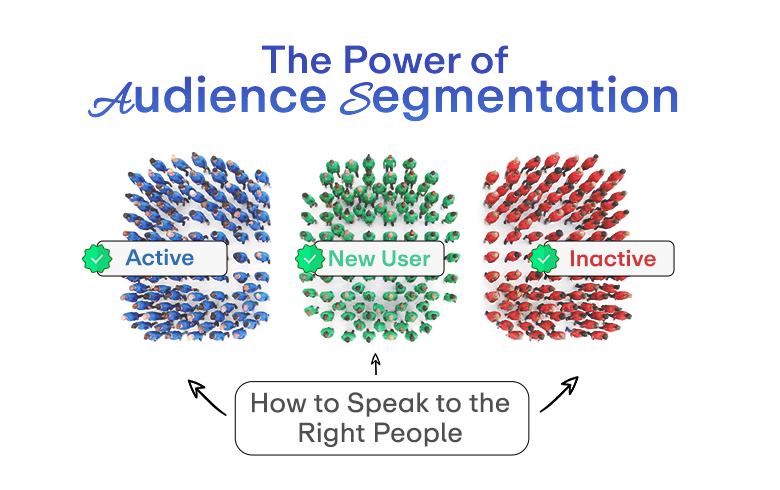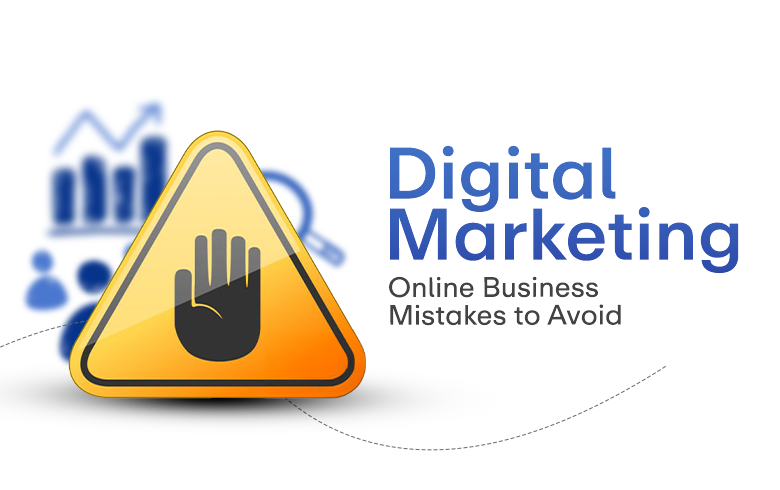What is Schema Markup?
What is Schema Markup , this is one of the most common questions people ask when learning SEO or trying to boost their visibility on Google. In simple words, Schema Markup is a special type of code that helps search engines like Google, Bing, and others understand your website content better.
Imagine your website is a book, and Schema Markup is the table of contents that tells search engines what each part means whether it’s a review, a recipe, a business address, an event, or a product.
When you add Schema Markup to your site, you’re giving search engines context, not just content. And in 2025, where voice search, AI assistants, and chat-based answers dominate, that context matters more than ever.
Understanding Schema Markup: The Foundation of Structured Data
Before we go deeper, let’s make one thing clear.Schema Markup is not a ranking factor by itself, but it enhances how your pages appear in search results.
Schema Markup is a type of structured data information formatted in a way that search engines can read easily. It uses a vocabulary from Schema.org, a collaborative project by Google, Microsoft, and Yahoo.
For example, if your site sells coffee makers, Schema Markup can tell Google:
- The product name
- The price
- Ratings and reviews
- Stock availability
Instead of guessing, search engines know what your page contains which helps display rich snippets like star ratings, prices, or “in stock” labels right on the results page.
Why Schema Markup Matters in 2025?
In 2025, Schema Markup has become more than an SEO enhancement, it’s a digital survival tool. Search is no longer just about “blue links.” People interact with search through AI chat, voice assistants, and conversational engines like Google Gemini, ChatGPT Search, and Bing Copilot.
These AI-driven platforms depend heavily on structured, machine-readable data to provide quick, accurate, and trustworthy responses. Without Schema Markup, your content risks being invisible to these systems.
Here’s why it’s critical now:
1. AI Search Relies on Context
AI search systems scan billions of web pages but prioritize those that clearly define their meaning. Schema Markup gives your content structure — helping AI identify your expertise, your products, and your relevance to the query.
2. Voice Assistants Use Schema to Answer Questions
When users ask, “Where’s the best pizza near me?” or “What’s the weather like tomorrow?”, voice assistants like Alexa, Siri, or Google Assistant rely on structured data. Local businesses with Schema Markup (like LocalBusiness schema) are more likely to be featured in voice answers.
3. Chat-Based Search Needs Verified Sources
In chat-based search (like ChatGPT Search or Gemini), AI cites verified and structured sources. A website with clean Schema Markup is easier for AI to reference improving trust, visibility, and click-throughs.
4. Enhanced SERP Appearance
Schema Markup helps your listings stand out with rich results: FAQs, reviews, ratings, event details, videos, and more. This boosts click-through rates even if rankings remain the same.
5. Better Data Integration Across Platforms
Search isn’t just on Google anymore. Schema Markup ensures consistency across multiple platforms Google, Bing, social media previews, and even smart devices.
How Schema Markup Works?
Let’s break down how Schema Markup functions in practice.
When you add Schema Markup, you’re inserting a snippet of JSON-LD code (the most common format) into your webpage’s header. This code labels each piece of content in a way that search engines understand.
This tells Google that your page is about a local coffee shop, where it’s located, and when it’s open essential information for local search and voice-based results.
Types of Schema Markup You Can Use
There are hundreds of Schema Markup types available on Schema.org, but here are some of the most useful ones in 2025:
- Organization / LocalBusiness Schema: Tells Google about your company’s name, location, and contact info.
- Product Schema: Defines your products, pricing, reviews, and availability.
- Article / BlogPosting Schema: Helps your blogs and news articles appear with rich headlines and author info.
- FAQ Schema: Displays question-answer format in search results — great for SEO and AI assistants.
- Event Schema: Highlights upcoming events with time, date, and location.
- Review Schema: Shows customer ratings directly on Google.
- Video Schema: Improves video discovery on Google and YouTube.
Using the right Schema Markup helps AI and search engines connect your content with user intent.
What is Schema Markup Doing for Voice, Chat, and AI Search?
In the early days of SEO, Schema Markup was just for better-looking search snippets. But in 2025, its purpose has expanded dramatically.
Here’s how Schema Markup is now shaping Voice, Chat, and AI Search:
1. Voice Search Optimization
Voice search is conversational. People don’t say, “best restaurants New York 2025” they say, “Where’s the best place to eat tonight?” Schema Markup helps translate your content into this conversational context.
If your restaurant page includes Schema for cuisine type, pricing, and reviews, Google Assistant can easily surface it when users ask related questions.
2. Chat-Based Answers
AI chat engines look for structured information they can summarize. Schema gives them the confidence to use your data. For instance, if your product page includes Product Schema, an AI assistant can directly pull details like “Price: $49.99” or “In stock” into its reply giving your business visibility even without a direct link click.
3. Semantic Understanding for AI Search
AI models learn meaning from structured signals. Schema Markup improves semantic understanding letting AI know whether “Apple” means a fruit or a tech company. This clarity is invaluable for accurate, context-rich responses.
4. Multimodal Search
As voice, image, and text search merge, Schema helps align all formats. For example, ImageObject Schema or VideoObject Schema can make your media appear in visual search or AI summaries.
Common Mistakes to Avoid with Schema Markup
Even though Schema Markup is powerful, many websites misuse it. Here are common pitfalls:
- Adding incomplete or inaccurate data
- Using wrong schema types
- Forgetting to validate code
- Overusing markup (spamming every keyword)
- Not updating markup as your content changes
Always test your code using Google’s Rich Results Test or the Schema.org validator to ensure everything is correct.
Tools to Help You Add Schema Markup Easily
Even if you don’t know coding, you can use tools to generate and manage Schema Markup:
- Google’s Structured Data Markup Helper
- Merkle Schema Markup Generator
- Rank Math or Yoast SEO (for WordPress)
- Schema Pro Plugin
- JSON-LD Schema Generator by Hall Analysis
These tools make it simple to create accurate Schema Markup without touching raw code.
The Future of Schema Markup
In 2025, Schema Markup is no longer optional, it’s the foundation of machine-readable SEO. As AI search continues to evolve, search engines want to understand not just what is written, but what it means.
Schema provides that layer of meaning. It’s how your website “talks” to search engines, voice assistants, and AI bots.
The future will likely bring:
- Dynamic Schema Markup, generated automatically via AI
- Schema extensions for AI chat platforms
- Contextual validation, where Schema accuracy affects content trust scores
Brands that implement Schema Markup now will have a strong head start as AI-driven discovery expands.
Checklist: How to Implement Schema Markup the Right Way
- Identify your page type (product, article, FAQ, etc.)
- Visit Schema.org to find the correct type
- Use a generator tool or add JSON-LD code manually
- Insert the markup in the page’s head or body section
- Test with Google’s Rich Results tool
- Monitor Search Console for errors or enhancements
- Keep updating Schema when content changes
Implementing Schema Markup properly ensures that your website communicates with Google, AI search, and voice assistants effectively boosting visibility and trust.
Q. What is an example of a schema markup?
A.This tells Google it’s a product, what it costs, and what users think about it.
Q.Why is schema markup important for SEO?
A.Schema Markup helps search engines understand your content better, which leads to rich snippets, higher click-through rates, and improved visibility. While it doesn’t directly increase rankings, it significantly enhances how your content appears in search results and that drives more engagement.
Q.What is schema markup in local SEO?
A.In local SEO, Schema Markup (like LocalBusiness or Place schema) gives search engines details about your physical location, hours, and contact info. This helps your business appear in Google Maps, “near me” searches, and voice queries making it essential for local visibility.
Q. Is schema markup necessary?
A.Yes, in 2025, Schema Markup is necessary for competitive SEO. It improves how your data is read by Google, Bing, and AI systems. Without it, your content may be invisible to voice and chat-based search engines that rely on structured data.
So, what is Schema Markup, and why is it so important? It’s the bridge between your website and the evolving world of AI-driven search. Schema Markup helps your content speak the language of search engines, ensuring that it’s not just found but understood.
In 2025 and beyond, Schema Markup is your ticket to being visible in voice search, AI chat, and rich SERP results. If your website doesn’t use it yet, now is the time to start.
Ready to make your website AI-friendly?Join MyCommunity today and get smart SEO Services in USA that make your content discoverable everywhere.
Also Read: How To Build A Personal Brand?













